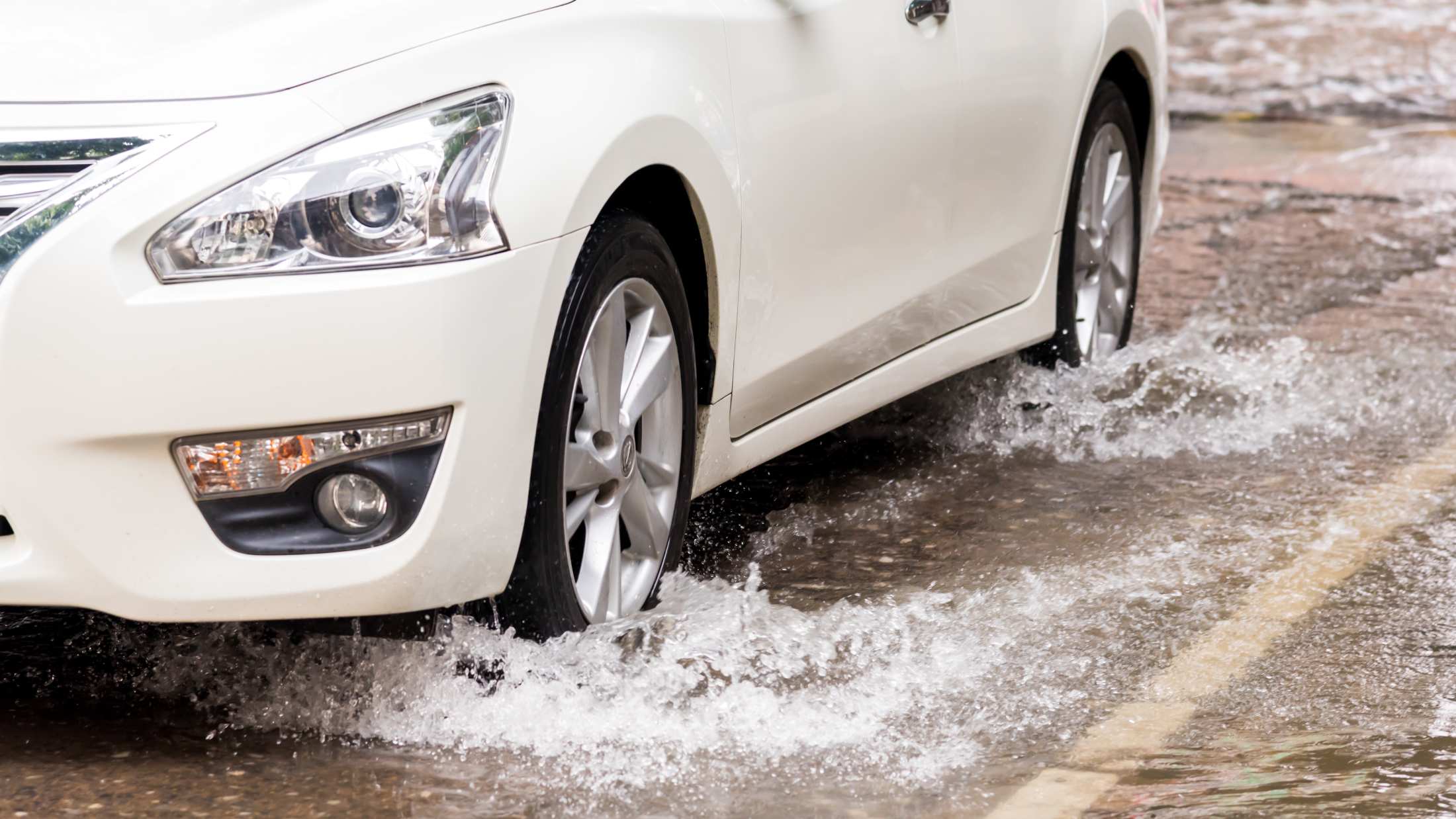When you think of road hazards, snow, hail and rain are the usual suspects. However, bright sun can also be a significant problem for British drivers.
According to data from the Department for Transport, around 3,900 people are injured in accidents caused by the blinding effects of the sun each year, which could lead to claims on their car insurance.
During the spring and the winter, the low angle of the sun can often mean that your sun visor doesn't actually protect your eyes – a hazard that is particularly acute when the sun reflects off a wet road surface, creating strong, bright glare. However, there are a few simple steps you can take to improve visibility and keep you from driving blind:
Keep your windscreen clean
Dirty windscreens can make glare significantly worse, as dirt and debris scatter sunlight and lower visibility further. That's why it's a good idea to fully clean your windscreen before starting your journey. Check that both the inside and outside of the glass are clean and free of grease. If there is any dirt or debris, clean it off with a soft cloth.
If your windscreen needs a deeper clean, rinse it with cold water and a soft brush, then follow this with a course of glass cleaner. Take extra caution in the morning following a frosty spell – scraping ice off your windows can sometimes leave smear marks behind.
Throughout the winter months, keep your windscreen wiper fluid topped up, and check your wiper blades for wear and tear by looking for small cracks in the rubber. New wiper blades are fairly inexpensive and easy to fit (usually starting from £9.99 for a set), and it's recommended that you replace your wipers every 12 months.
Wear sunglasses
Although sun visors are extremely helpful in summer, sometimes the angle of the sun during winter is simply too low for them to make any difference. If conditions are bright, try to take a spare pair of sunglasses with you when driving – or, even better, keep a spare pair in your glove compartment permanently so that you're never caught without them.
If possible, it's best to opt for sunglasses that feature polarised lenses, as these are more effective than normal lenses at combating glare. They work by filtering out the blinding, horizontally-oriented light that causes glare, only allowing in 'vertical' light, and therefore improving visibility. Although typically used by fishermen to combat glare on water surfaces, they're an equally effective tool for drivers tackling wet roads.
Be extra aware of other road users
When driving in bright and low sun, remember that other drivers may also be suffering from the blinding effects of glare, even if you aren't. Try to maintain a constant speed, keeping a safe distance from the vehicle ahead.
It's also best to avoid any sudden stops, as the reaction time of the driver behind may be impacted by low visibility. Be extra vigilant in the mornings and evenings, when the sun is especially low in the sky.












